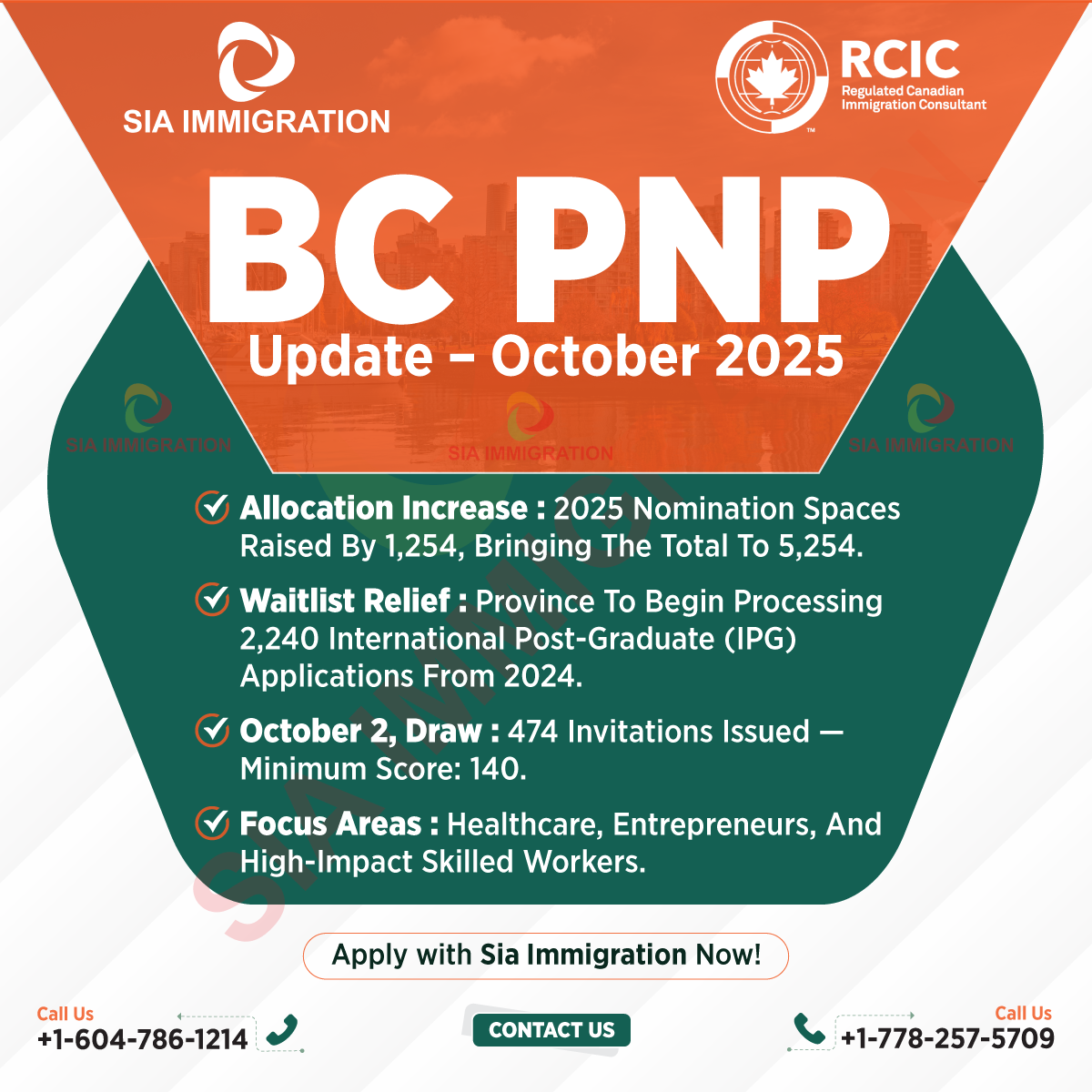Rural and Francophone Community Immigration Pilots
The Rural Community Immigration Pilot (RCIP) and the Francophone Community Immigration Pilot (FCIP) are immigration pathways for skilled workers who want to live and work in smaller or Francophone communities outside major urban centers in Canada.
Participating Communities
Rural Community Immigration Pilot (RCIP)
Pictou County, Nova Scotia
North Bay, Ontario
Sudbury, Ontario
Timmins, Ontario
Sault Ste. Marie, Ontario
Thunder Bay, Ontario
Steinbach, Manitoba
Altona/Rhineland, Manitoba
Brandon, Manitoba
Moose Jaw, Saskatchewan
Claresholm, Alberta
West Kootenay, British Columbia
North Okanagan–Shuswap, British Columbia
Peace Liard, British Columbia
Francophone Community Immigration Pilot (FCIP)
Acadian Peninsula, New Brunswick
Sudbury, Ontario
Timmins, Ontario
Superior East Region, Ontario
St. Pierre Jolys, Manitoba
Kelowna, British Columbia
Eligibility Criteria
For both RCIP and FCIP:
Job Offer: A full-time, non-seasonal job offer from an approved employer in a participating community
Work Experience: At least 1 year (1,560 hours) of continuous paid work experience in the past 3 years in an eligible occupation
Note: International students who graduated from a designated institution in the community may be exempt
Education: A Canadian high school diploma or an equivalent foreign credential with an Educational Credential Assessment (ECA)
Language Proficiency: Meet minimum Canadian Language Benchmark (CLB) levels based on the NOC of the job offer
Settlement Funds: Demonstrate adequate financial resources to support yourself and your family upon arrival
Intent to Reside: Must intend to live in the community
Additional for FCIP:
French Language Proficiency: Must meet a minimum level of French language ability to contribute to the vitality of the Francophone community
Application Steps
1. Get a valid job offer from a designated employer in a participating community
2. Apply for and obtain a community recommendation
3. Submit a permanent residence application to Immigration, Refugees and Citizenship Canada (IRCC)
4. (Optional) Apply for a temporary work permit to start working while waiting for permanent residence











